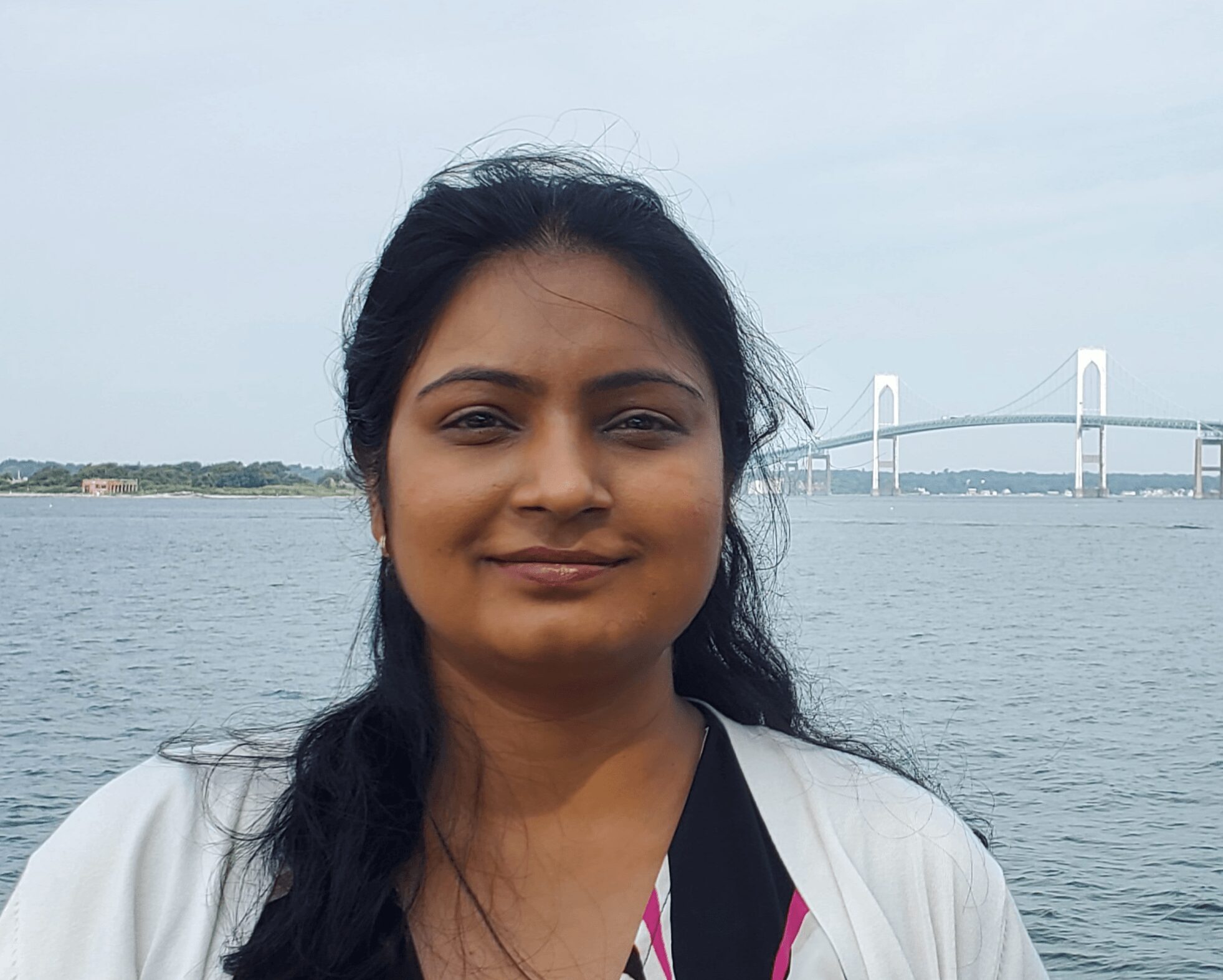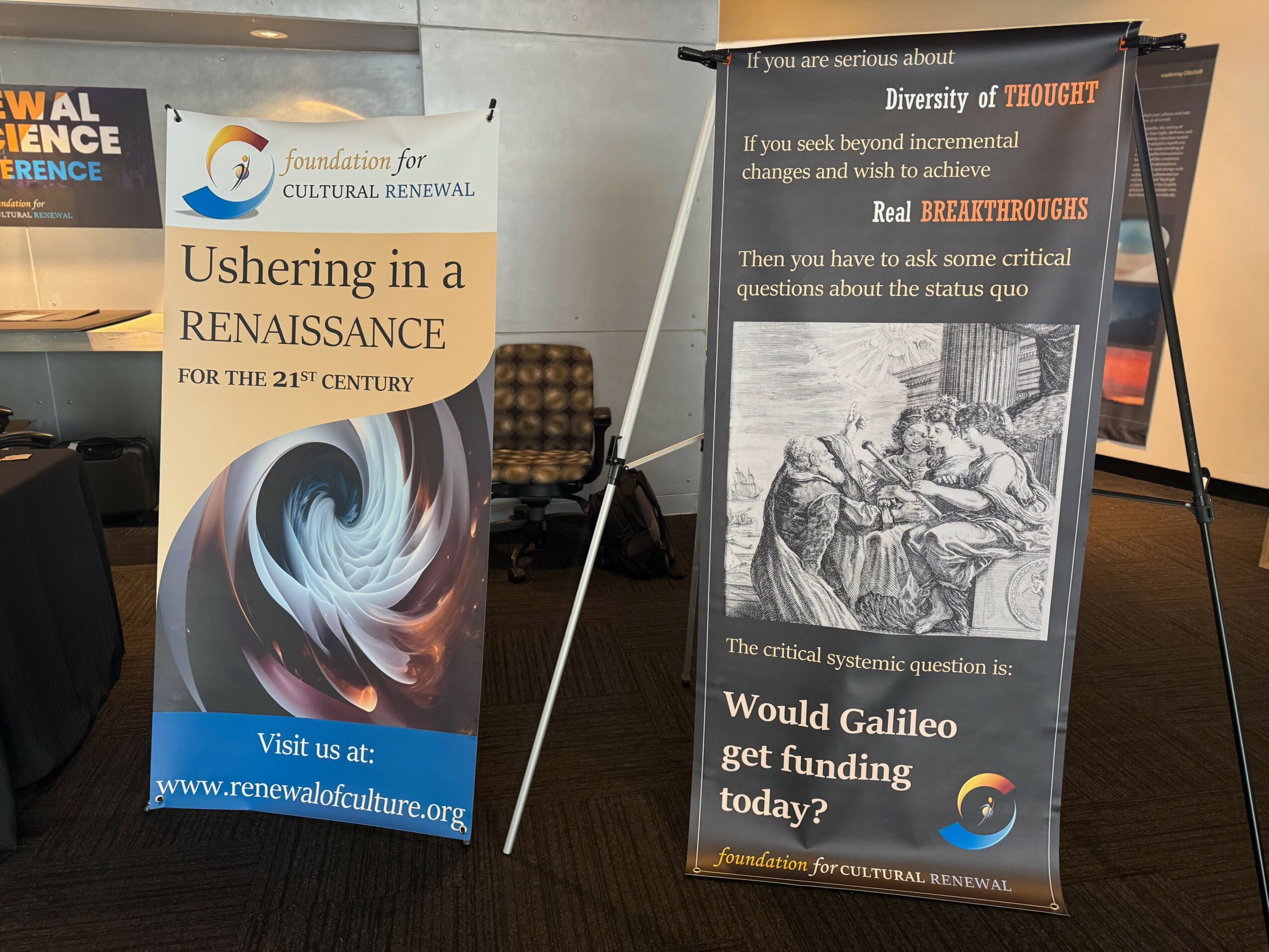

Today we’d like to introduce you to Snetu Karania
Hi Snetu, so excited to have you with us today. What can you tell us about your story?
I grew up in India and came to United States for my Masters degree in Environmental Engineering. Experiencing the privileged life we live in the US, I felt strongly compelled to help those who are not so privileged. I volunteered with a non-profit that supports the education of underprivileged children for over a decade. Throughout those years, I took on various roles. I coordinated large fundraising events, did accounting as a treasurer, visited and surveyed various schools we were funding as well as performed administrative tasks. For a couple of years I also was on the Board.
While all that was going on, life circumstances brought me to Salt Lake City. I had all this volunteer experience and knew the ins and outs of running a non-profit. I had also realized that it is possible to raise and donate millions of dollars every year just with a completely volunteer run non-profit with no employees. It is the core intention that internally drives everyone in such cases.
One winter afternoon, as a few friends, my husband and I decided to start a different kind of nonprofit called the Foundation for Cultural Renewal. The main motivation that we all shared in starting it was that we saw that there was a niche that many nonprofits were not really focusing on. Most nonprofits generally deal with promoting existing traditions (Indian cultural roots, Ethnic events, Musical forms, etc.), helping the socioeconomic underprivileged of the society, or tackling urgent health and environmental issues. We realized that what was really needed was a focus on identifying individuals and organizations that are transforming the very foundations of what makes up the culture around us: stimulating new sciences, arts, medical pathways, and educational approaches. In other words, we asked ourselves, instead of focusing on preserving the past or helping the underprivileged, can we instead focus on those who, in their respective fields, are way ahead of the curve and are creating a different future?
With an affirmative answer to that, we started our 501(c)(3) in January 2019, and I am now the President of it.
Can you talk to us a bit about the challenges and lessons you’ve learned along the way. Looking back would you say it’s been easy or smooth in retrospect?
Roller-coaster would be an understatement… In the first place, we faced the challenge of explaining the purpose of our nonprofit to the general public and donors. There were many questions such as:
“Why would you give grants to scientists, when the universities are already taking care of that?”
“What do you mean by ‘cultural renewal'”?
“What are the immediate results and quantifiable outcomes?”
We had to explain that the people and organizations we were giving grants to were not always backed by large institutions like universities, academies, and hospitals. Large institutions come with inertia, which can easily become crippling for non-institutional independent researchers. The modern-day cross-disciplinary polymath does not neatly fit into specialized fields and disciplines with degrees and titles. Just as official credentials are mostly irrelevant when someone brings forward a million-dollar idea for a business, degrees and titles should also not matter for recognizing fundamental breakthroughs in science and the humanities. We also had to explain that the cultural renewal we are aiming for is similar in scope to that of the Renaissance – which had results that echoed on for centuries. This naturally means that the work of this nonprofit is much more long-term and does not fit “quick-fix” models. Hence, it was not an easy thing to get across to donors.
In addition, emotional appeal, justified though it may be, is a significant contributing factor to reasons why people donate. It is easy to see why one who has suffered from health issues donates to the cancer, MS, or Alzheimer’s foundations, or one who has experienced the trials (perhaps in the family) of addiction donates to organizations that help such people. Creating a Renaissance does not have that immediate personal connection, but in reality, it actually has a much larger on impact on society, as seen by the last Renaissance. That is also a challenge to communicate in an elevator pitch.
We also had to cancel several potential events between 2020-2023 due to the impact of COVID. This greatly reduced our reach during those years, especially on the fundraising side. To top it all, it took painstaking effort to identify genuinely transformative researchers and artists from across the world, involving deep-dives into multiple fields and identifying those with a real need.
Appreciate you sharing that. What else should we know about what you do?
Our expertise is in identifying truly transformative ideas across the globe. After we got officially registered in 2019, we began organizing small-scale events, linking up with all the talented scientists, artists and social workers that we had found. Alongside this, we also started fundraising, and began awarding small grants to several brilliant scientists and artists. After managing the difficult years of COVID, we organized a major 3-day event in the Fall of 2024 called Renewal of Science. It brought together scientists from 11 countries to the Computer History Museum in the SF-Bay Area, where they could share their research with the help of large-scale live exhibits. This is an event we are most proud of, and you can check out more details at www.renewalofculture.org and www.renewalofscience.com. As far as I know, there has been no other organization in Utah that has chosen this aspect for its nonprofit work.
This entire experience has taught us a lot and we are now figuring out our next steps in-order to help support these scientists and also educate the youth in these fundamental scientific concepts for a long lasting impact.
Do you have any advice for those just starting out?
First and foremost get your motivation for starting your non-profit very clear and have a long-term goal. This is a key to keep the organization healthy over the long-term with strong principles. The next important thing is a strong team, perhaps not in skills alone but in sharing the higher vision and who will stick together through thick and thin. With these two fundamental things in place, you can go quite far!
Contact Info:
- Website: https://www.renewalofculture.org
- Instagram: https://www.instagram.com/culturalrenewal/
- Facebook: https://www.facebook.com/profile.php?id=61553621382462
- LinkedIn: https://www.linkedin.com/company/foundation-for-cultural-renewal/
- Twitter: https://x.com/RenewalofSci
- Youtube: https://www.youtube.com/@renewalofculture













